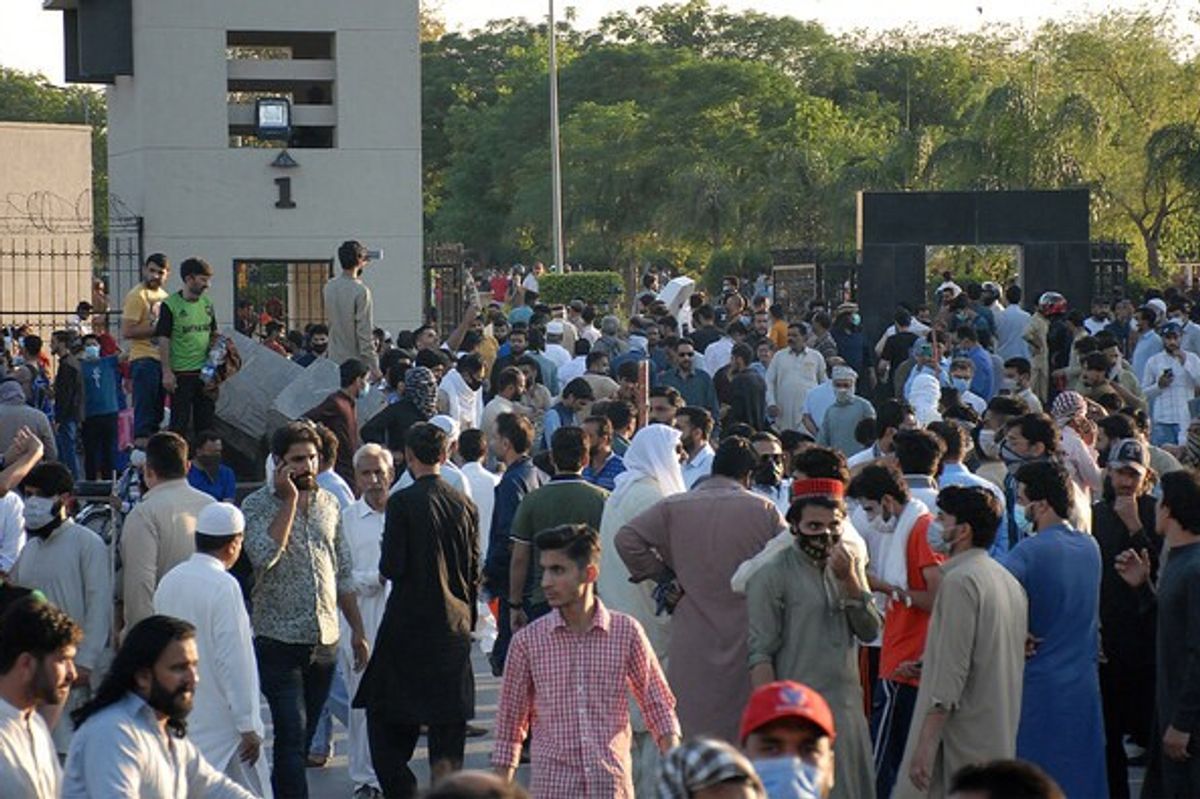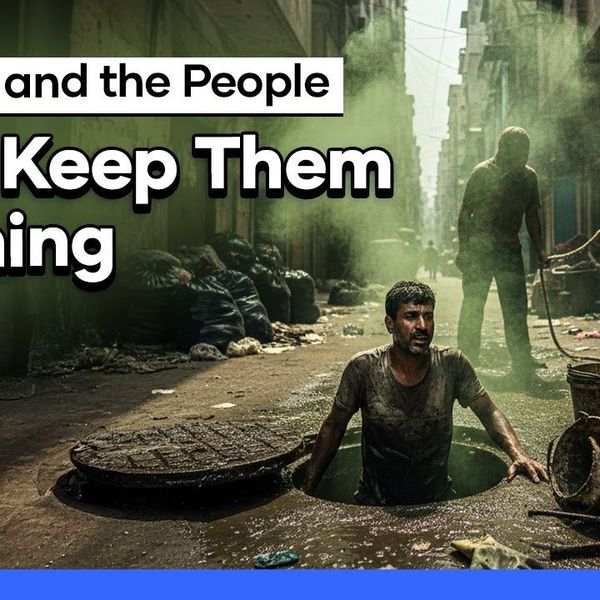Are military court convicts receiving fair treatment? Pakistan's provincial government says yes
Prisoners provided three warm meals daily, clean bedding, and blankets, according to report submitted to Supreme Court

Aamir Abbasi
Editor, Islamabad
Aamir; a journalist with 15 years of experience, working in Newspaper, TV and Digital Media. Worked in Field, covered Big Legal Constitutional and Political Events in Pakistan since 2009 with Pakistan’s Top Media Organizations. Graduate of Quaid I Azam University Islamabad.

Civilians convicted by military courts in Pakistan appear to be receiving fair treatment in prison — or at least that's what the Punjab provincial government claims.
In a report submitted to the Supreme Court, the Punjab government stated that prisoners were provided three warm meals daily, clean bedding, and blankets. They were also allowed to meet their families every Friday and receive gifts such as food and fruit.
Upon entry, prisoners underwent medical screenings by jail medical officers, according to the report.
The report noted that 27 out of 28 individuals convicted by military courts late last year over the May 9, 2023, riots are currently in Punjab prisons. It also said the convicts were being provided facilities in compliance with the Jail Rules of 1978 and had been sentenced under Section 3 of the Official Secrets Act.
The report was submitted on Wednesday to a seven-member constitutional bench led by Justice Aminuddin Khan during a hearing on the trial of civilians in military courts.
The May 9 riots erupted following the arrest of former Prime Minister Imran Khan by paramilitary forces on corruption charges. Khan, the chairman of Pakistan Tehreek-e-Insaf (PTI) party, has denied the allegations, claiming his arrest was politically motivated. His detention sparked violent protests across the country, with PTI supporters attacking military installations, including the General Headquarters in Rawalpindi and Corps Commander House in Lahore.
The military described the riots as a "black day" in Pakistan's history and vowed to take action against those involved. In response, dozens of civilians were charged under the Official Secrets Act and tried in military courts. This decision drew criticism from human rights groups, opposition leaders, and international organizations, who argued that military courts lack transparency and fail to ensure fair trials.
Today's hearing
During today's proceedings, Defense Ministry counsel Khawaja Haris cited previous cases, arguing that military trials for civilians had been upheld in specific circumstances. However, Justice Jamal Khan Mandokhail questioned whether such trials could universally apply to all civilians.
Justice Musarrat Hilali noted that military courts for civilians were initially intended for exceptional cases, such as the 2014 Army Public School attack, which left 149 people dead, most of them children.
The court also explored the role of constitutional amendments and parliamentary authority in defining crimes and determining trial jurisdictions. Justice Mandokhail emphasized that while parliament has the authority to legislate, the Constitution remains supreme.
Punjab's Additional Advocate General Sanaullah Zahid informed the court that the prisoners were receiving fair treatment, adding that two had been released. However, defense counsel Hafeezullah Niazi argued that the prisoners were being discriminated against.
Justice Syed Mazahar Ali Akbar Naqvi countered, questioning why issues were being exaggerated when prisoners were receiving food, family visits, and adequate facilities. Justice Mandokhail stressed that solitary confinement should not be prolonged, calling it a severe form of punishment.
The court directed the Punjab government to provide further details about prison manuals and clarify whether the prisoners were allowed outdoor activities.
The bench will continue deliberations on the legality of trying civilians in military courts and their compliance with fundamental rights under Pakistan’s Constitution.










Comments
See what people are discussing